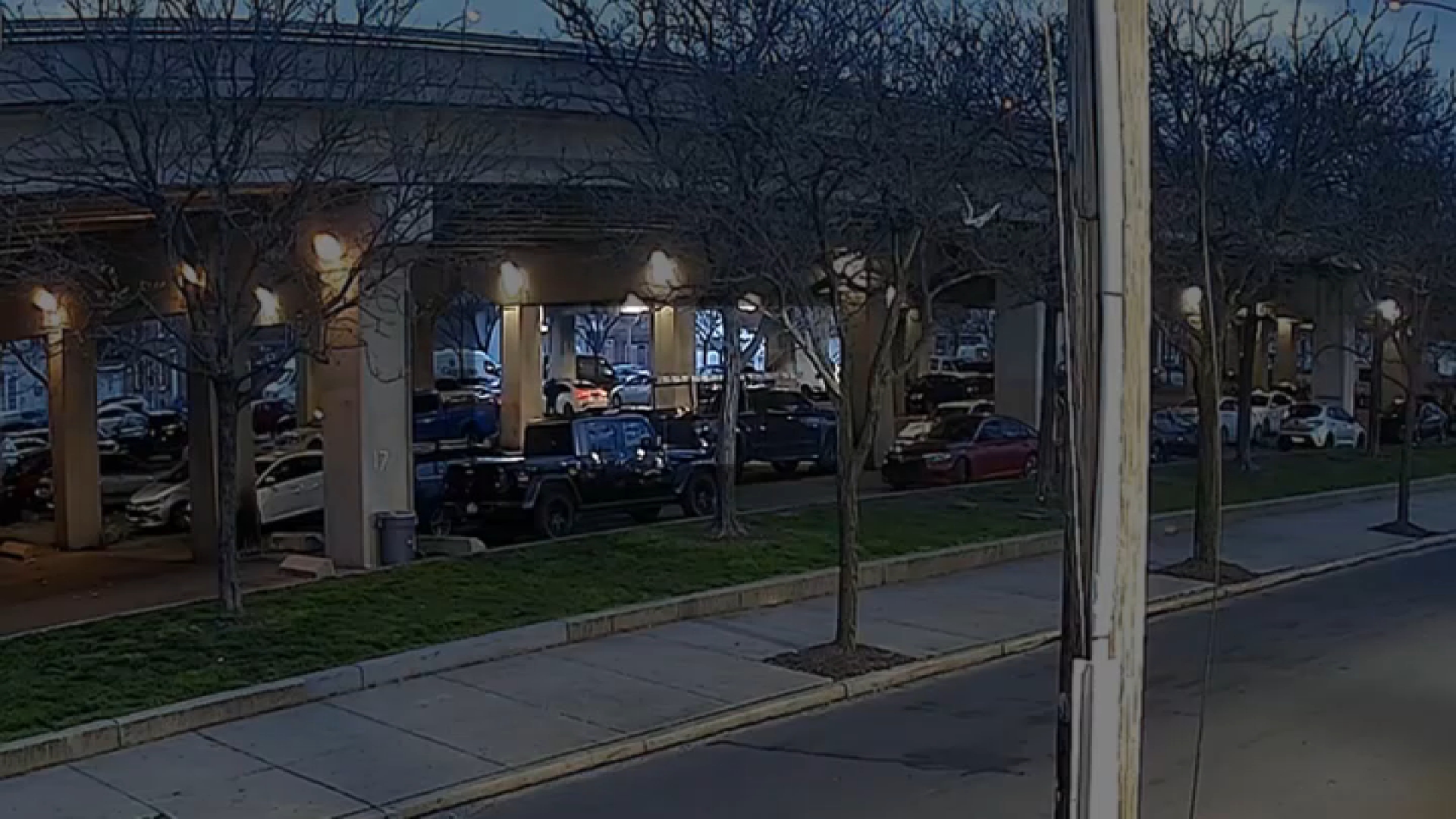Twenty years ago, the rape and murder of doctoral student Shannon Schieber proved to be the tragic turning point in the way the Philadelphia Police Department investigates sexual attacks.
Schieber, 23 at the time, was killed inside her city apartment by a man later deemed "the Center City rapist" for a heinous series of rapes in 1997 and 1998. Schieber was his fifth of six victims in Philadelphia. Troy Graves, who is serving life in prison, went on to commit another eight sexual assaults in Colorado, where he was eventually caught.
"If you look in the city of Philadelphia, there were positive developments," Schieber's father, Syl, told NBC10 in a interview. "For us, it came at a tremendous cost."
Her mother agrees.
"We think our daughter was the poster child for a lot of the good that has come since then and we're very happy about that," Vicki Schieber said.
The city police department has since overhauled what was once called the Sex Crimes Unit into the Special Victims Unit, and the way SVU detectives conduct investigation has shifted drastically as well.
One of the biggest changes is a once-a-year review process. Volunteers with women's groups and children's advocacy organizations spend three days reviewing about 400 cases handled in the past year.
Local
Breaking news and the stories that matter to your neighborhood.
Since it began more than a decade ago, "the Philadelphia Model," as it's known, has spread to other cities, including New York and Ottawa, Canada, where independent groups also review with detectives how investigations are conducted.
The Ottawa Rape Crisis Center in Canada has launched 12 pilot programs since 2016, with several more in the works, all based on the Philadelphia Model. The New York Police Department launched a case review last year. It’s also based on the Philadelphia Model, but it’s called the Timoney Review for John Timoney, who is a former Philadelphia police commissioner and former NYPD first deputy commissioner.
Carol Tracy, longtime executive director of the Women's Law Project in Philadelphia, has been part of the confidential review process since its creation 18 years ago. She says the outside volunteers lend a different perspective to the investigative process that helps detectives see their cases in different ways.
Often, the emphasis is on how detectives handle the victims of sex crimes.
"How has the person been questioned? It's very easy to slide into an interrogation instead of an interview," Tracy said.
In other ways, the independent perspectives have opened the eyes of commanders, who, as with the case of the Center City Rapist, realize they're not making obvious connections.
"The whole goal behind the whole thing is to improve the quality of our investigations," SVU Captain Mark Burgmann said. "So if you have someone coming in with a different perspective, with a different set of eyes looking at it, it's good because sometimes they see things we don't."
At the time of serial rapist Troy Graves's rampage, city detectives assigned to the case didn't notice the pattern that played out in rapes during the prior year.
A retired SVU supervisor, former Lt. Tom McDevitt took part in the initial case reviews more than a decade ago. While the Philadelphia Model became a model for police departments across the country, McDevitt said its initial effect on the unit was shocking.
"I remember the day I said, 'How did we get this bad? What did we do?' It was eye-opening, like a smack in the face to us," he said during a recent trip back to the area of Center City where Graves, who is serving life in prison, committed his crimes. "It was a humbling thing that we said, 'Wow, if we really want to be this good, we have to change.'"



